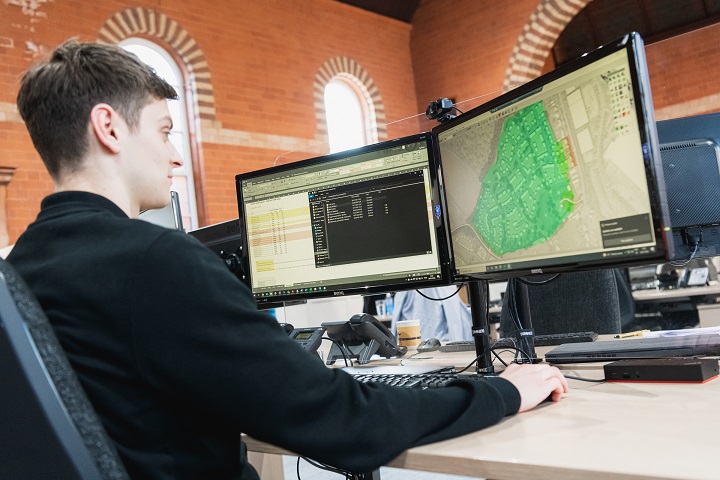[ad_1]
Leicestershire-based development technical consultants, M-EC, has created a continuous professional development (CPD) session to equip members of the residential development community with the knowledge around new building regulations, coming into effect in June 2022.
Approved Document O (AD-O) is a new building regulation that makes it a requirement to take overheating into consideration with all new residential developments. It is intended to future proof homes against hotter summers in England, as well as avoid overheating which is becoming a cause for concern. It also considers night-time noise levels in bedrooms.
M-EC director, Alex Bennett, comments on what it will mean for the building industry: “These changes are some of the biggest in Building Regulations for a long time. It will mean an increased workload to show compliance and developers on residential projects will need to adopt different design strategies to remove excess heat and limit solar gains from properties. Overheating and noise will now need to be considered together.
“It’s only appropriate to help our clients through these changes when the response from the government has been so limited. Most companies that work in construction aren’t aware of the significant implications of these new regulations and it’s important we highlight this to our clients so there are no surprises at planning or later stages.”
The regulations apply to any dwelling where someone can sleep, so includes houses, student accommodation and care homes, yet not hotels.
Alex adds: “Although it’s a building control matter, it is advised to consider this early to ensure mitigation measures don’t affect planning permission. For developments with planning, providing work starts on site pre 15th June 2023 no compliance is needed.”
M-EC is offering CPD sessions which include an overview of AD-O and its proposed methodology for implementing it into new residential projects.
Adam Walker, acoustic consultant at M-EC, will be undertaking the sessions, he explains: “Significantly onerous ‘simple’ criteria are going to be difficult to meet for many businesses and so thermal modelling is going to become commonplace in residential design for certain building types. Our team is trained in thermal modelling to provide acoustic advice on the implications of overheating strategies.”
M-EC has invested in software which models virtual environments. Adam adds: “Essentially, we are able to draw in a layout provided by the client, including the internal floor plans to ultimately create an accurate 3D model of how a development will sit once it has been completed.
“Using weather files in accordance with the necessary guidance, we can then simulate the thermal conditions over a year which allows us to assess whether there is a risk of overheating in each of the dwellings. As part of the calculations/analysis, the model also considers things like thermal constructions, occupancy of the rooms and window and door openings. Thermal modelling ties in closely to the acoustics work that we do for our clients and can be carried out in a single assessment.”
M-EC will be running the CPD sessions with an overview of Approved Document O throughout May and June 2022. For more information or to book onto a CPD session contact 01530 264753 or email group@m-ec.co.uk.
[ad_2]
Source link
